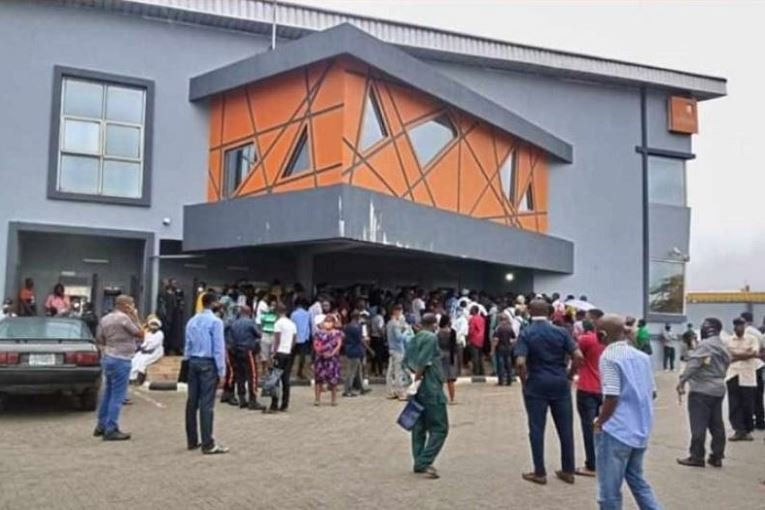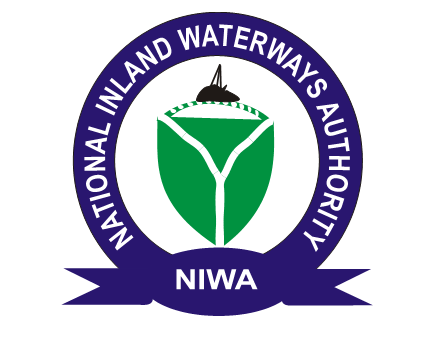Guaranty Trust Bank, GTBank, is facing mounting criticism following an incident involving a woman with a disability who was reportedly denied access to one of its branches in Wuse 2, Abuja.
The incident, which occurred on July 16, 2025, gained public attention after a viral LinkedIn post by Titi Ojo, an eyewitness. In the post, Ojo described how the woman—identified as one of her students—was left outside under the scorching sun due to the absence of proper access infrastructure at the bank’s branch on Adetokunbo Ademola Crescent.
According to Ojo, the woman arrived the GTBank branch before her and was still outside by the time she left that Wednesday afternoon. The branch, she claimed, had no wheelchair ramp or other facilities to accommodate persons with mobility challenges.
“She had to wait outside while one of the security officers went in and out with her banking needs. She was visibly frustrated but trying hard to stay composed. I could feel her anger, pain, and helplessness,” Ojo wrote.
The post quickly sparked widespread outrage, with many social media users condemning the situation as systemic discrimination and a breach of the rights of people with disabilities.
Kayode Jayeoba, a disability rights advocate and CEO of Corporate Inclusion Ltd, weighed in on the issue, saying, “Disability inclusion is everybody’s business, and we should encourage measures to accommodate People With Disabilities, PDWs.”
Jayeoba added, “I don’t think most businesses would deliberately seek to exclude PWD, but only need to step up their level of awareness of the law and build a better image for their business concerns. It can be a win-win for everyone.”
The controversy has reignited discussions around the implementation of Nigeria’s Discrimination Against Persons with Disabilities (Prohibition) Act, which was signed into law in 2019. The legislation mandates that all public buildings be accessible to persons with disabilities. Its five-year compliance grace period ended in January 2024.
Critics have pointed out that GTBank’s failure to comply not only breaches the law but also reflects a broader pattern of negligence by many businesses and government agencies toward the disabled community in Nigeria.
As of the time of reporting, GTBank has not issued an official response or clarification on the matter or the accessibility status of the branch in question.
Observers say only firm enforcement by regulatory bodies will ensure compliance with the law. The National Commission for People With Disabilities, NCPWD, is reportedly stepping up efforts to enforce the 2019 Act. Advocates argue this move is critical in a country where tens of millions live with disabilities.
Jayeoba emphasized, “Disability inclusion benefits everyone by upholding human rights, promoting equity, and enhancing public image as inclusive and responsible institutions.”
Many agree that ensuring accessibility in public and private spaces is a fundamental step toward building an inclusive society.











